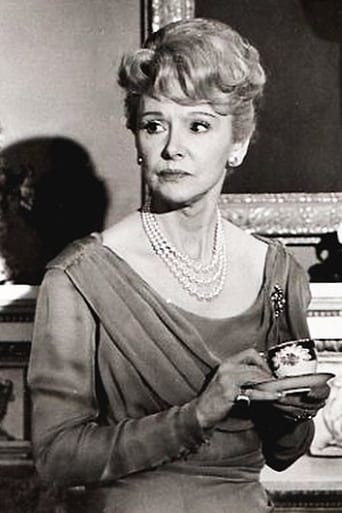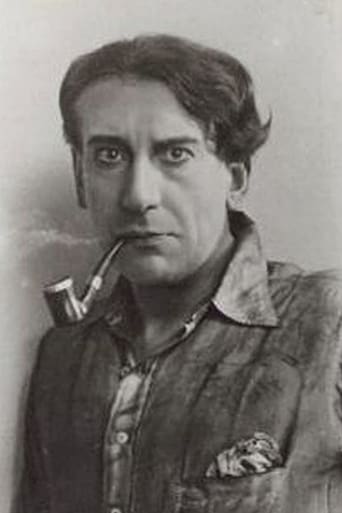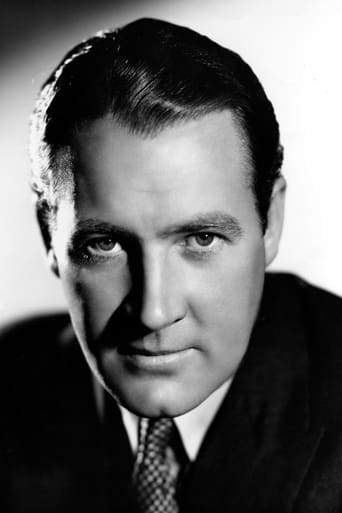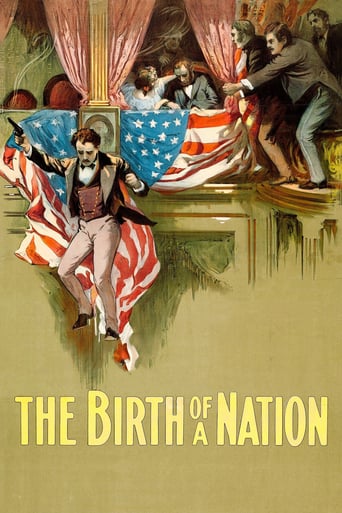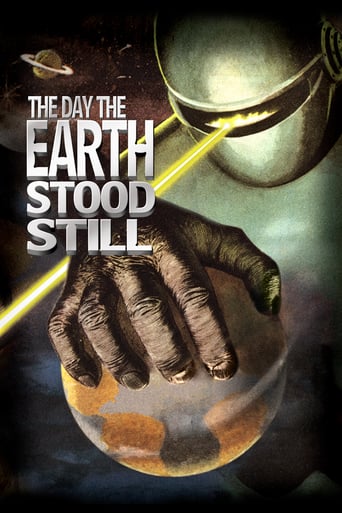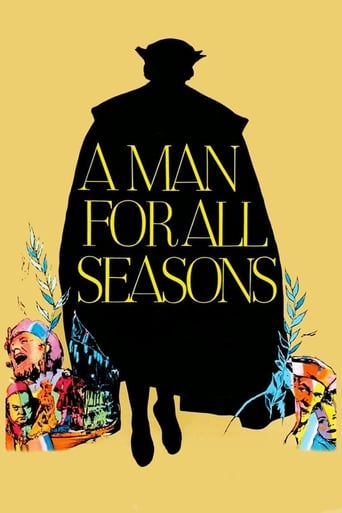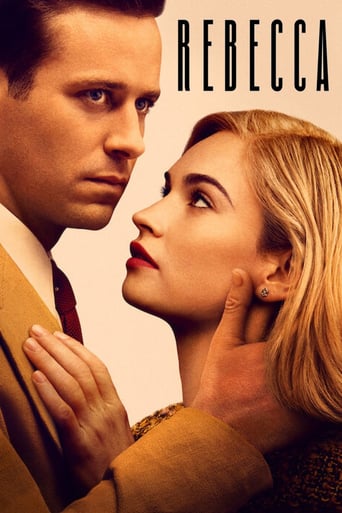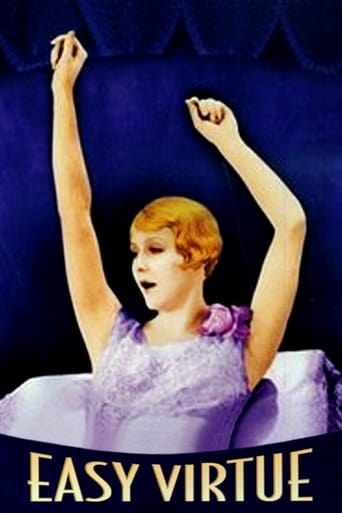
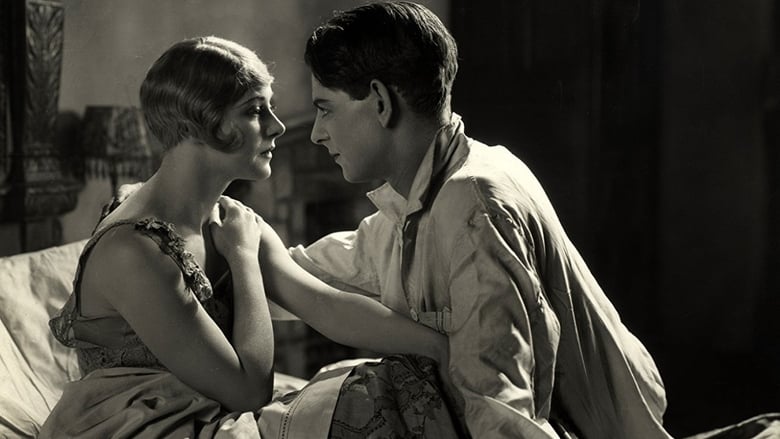
Easy Virtue (1928)
Larita Filton is named as correspondent in a scandalous divorce case. She escapes to France to rebuild her life where she meets John Whittaker. They are later married, but John's well-to-do family finds out Larita's secret.
Watch Trailer
Cast
Similar titles

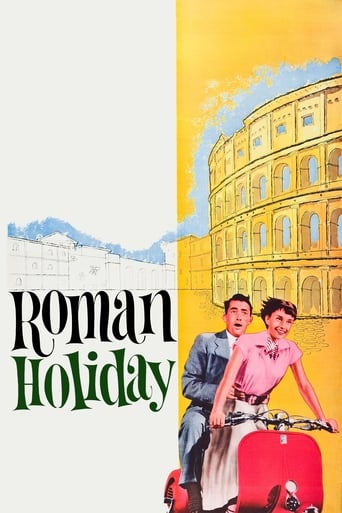
Reviews
That was an excellent one.
Simply Perfect
It's no definitive masterpiece but it's damn close.
Great example of an old-fashioned, pure-at-heart escapist event movie that doesn't pretend to be anything that it's not and has boat loads of fun being its own ludicrous self.
I occasionally watch a silent film.I do find it very frustrating when actors are mouthing words and we are expected to know what they are saying without benefit of intertwines. Byou far the best part of the film is the opening trial scene.After that it is all downhill and rather silly at that.Hitchin was capable of making stinkers egg Under Capricorn,and this was clearly one of them
Directed by Alfred Hitchcock, this average silent drama was based on a Noel Coward's play. It's a typical story about a woman, Larita Filton (Isabel Jeans), whose reputation is besmirched per an (implied?) extra-marital liaison. Whether Larita ever had an affair with portrait artist Claude Robson (Eric Bransby Williams) is besides the point; it leads to his suicide and her divorce from Mr. Filton (Franklin Dyall). What follows next is predictable - Larita meets another young man, John Whittaker (Robin Irvine), on holiday, the two fall in love and marry impetuously, shocking his proper family who eventually learns of her secret past. John's proposal and Larita's answer occurs over the telephone, heard by the receptionist (Benita Hume, uncredited) whose expressions tell the audience all they need to know.Ian Hunter (the third and last time he would work with the director) plays Mr. Filton's divorce attorney who, despite the fact that he's a longtime family friend of the Whittakers, is not the source of the disclosure. Violet Farebrother plays John's disappointed mother; Frank Elliott his father. Dacia Deane and Dorothy Boyd plays John's elder and younger sisters, respectively. Enid Stamp-Taylor plays Sarah, the young lady that the Whittakers always thought John would marry; ironically, she serves as Larita's primary support within the Whittaker household.
In Alfred Hitchcock's Easy Virtue, a woman has some explaining to do when the family of her second husband finds out there was a first husband. That's because back in the day, divorced women were considered damaged goods, and upstanding families would steer well clear of such flighty harlots. Easy Virtue's tagline asks "Can she be blamed for a past she didn't create?" And the answer is yes, because she did create her past when she started making eyes at the man painting her portrait. But perhaps I am getting a little ahead of myself.Larita Filton (Isabel Jeans) is married to an unnamed guy. Well, he probably has a name, but the movie doesn't tell us. Anyway, they're rich, and she's having her portrait done by a professional artist. One day the artist notices marks on Larita's wrist, and she mentions that her husband sometimes drinks too much. Thus a relationship is born, at least as far as they went in the 1920s, which meant it's possible Larita and the artist smooched once. Anyway, one fine day the husband comes home to find the two of them in an embrace. A gun is presented, and a shot is fired, and the artist dies. This is all told to us in flashback at the divorce trial, where the jury quite naturally finds in favor of the husband. Larita is shamed and shunned.She finds herself chillaxing on the Mediterranean, and a chance encounter with a tennis ball leads Larita to meet John Whittaker (Robin Irvine), who's from a well-to-do family himself. They romance, yadda yadda, and soon they're wed. He brings her home to meet his parents and his two sisters for dinner. The stern matriarch is fairly sure she recognizes Larita, and eventually she pieces it together. Haughty hilarity ensues.This is a silent film, obviously very early in The Master's career, and much more of a melodrama than a thriller with a twist. There's no twist, and because there are few sight gags one must rely on the intermittent title cards to follow the mouthed dialog. That's all well and good, but there was just too much predictability afoot, and the quality of the print did the movie no favors, either. That all makes Easy Virtue a curio in Hitch's long, long career, and little more.
Easy Virtue (1928) ** (out of 4) Isabel Jeans plays Larita Filton, a woman who is abused by her drunken husband who thinks she is having an affair with a painter. When the husband confronts them the painter kills himself and soon the wife's reputation is tarnished in a divorce court. She flies off to France where she falls in love with a man (Robin Irvine) but soon his family learns of her past. This is a pretty tame and rather lame silent from Hitchcock and it's only real asset is those wanting to seek out the director's early work. The word melodrama is written all over this thing but there really isn't too many original ideas in its screenplay. The most interesting scenes are the early ones in the court where Hitchcock brings some nice style to the film when we get the various flashbacks, which then cut back to the court. The scenes involving Jeans and Irvine falling in love are all overly dramatic and the stuff with his mother come off fairly weak. Jeans is pretty good in her role but she really isn't given too much to work with. I found Irvine to be rather bland throughout the film as was the rest of the supporting cast. This type of melodrama ran ramped throughout the silent era and if it weren't for Hitchcock's name being attached, this one here would certainly be forgotten.
